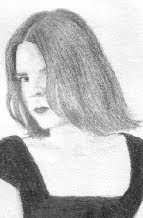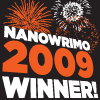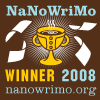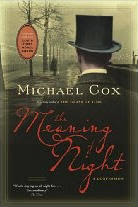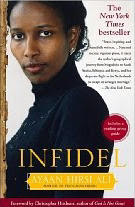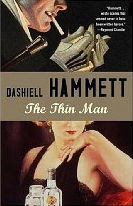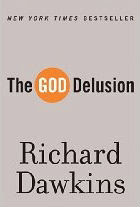 Imagine, if you will, that every person on earth vanished tomorrow (beamed up and off to an alien zoo, perhaps). That our generation of pollution, our consumption of resources, and all the things we do to try to control our environment, suddenly stopped. What would happen to the world we left behind? How long would it take for the signs of our habitation to disappear? Have we created anything that will be destroyed? And what, if anything, might climb down from the trees to evolve in our footsteps?
Imagine, if you will, that every person on earth vanished tomorrow (beamed up and off to an alien zoo, perhaps). That our generation of pollution, our consumption of resources, and all the things we do to try to control our environment, suddenly stopped. What would happen to the world we left behind? How long would it take for the signs of our habitation to disappear? Have we created anything that will be destroyed? And what, if anything, might climb down from the trees to evolve in our footsteps?
A version of this popped up on tv last year (complete with plenty of toppling CGI landmarks) and I was pleased to find that the book travelled over a much wider territory. (In terms of information, if not geography; Australia was barely mentioned.) In fact, for a while I thought it could have been better titled North America Without Us but other parts of the world soon started putting in appearances. So did other times, with the distant past being studied to consider what the rise of humans can reveal about the effects of their absence, and the possibility of another group of apes descending from the trees. A sufficient variety of climates and landscapes - temperate, desert, big city, farmland - are discussed that it’s possible to infer what might become of your own neighbourhood, even if you don’t have the wildlife and the freeze-thaw cycle of New England. These were somewhat like case studies - different places selected as exemplars of certain types of location, such as the cave cities of Cappadocia to show how underground structures have a habit of surviving when left undisturbed. Putting names and photographs to these places, and weaving in personal stories of people connected to them, made the descriptions of possible fates come alive.
While it’s certainly an interesting exercise in scientific speculation, it is - as you might imagine - not exactly the most cheerful of books. The information about the sheer volume of garbage floating around out there (often literally) and the length of time it, and various kinds of pollution, will endure is positively depressing, and enough to make you wonder whether disappearing tomorrow would be soon enough to allow the world’s ecosystem to return to some kind of equilibrium. It also pointed out something of which I had never heard and never thought, but which once mentioned makes sense: A particularly pernicious, because almost impossible to remove, form of pollution is the synthetic beads in exfoliant products. Too small to be caught by filters, they end up as inedible food for tiny marine organisms and work their way up the food chain. I immediately did a sweep, threw out the one such product I had, and resolved to use only organic exfoliants from now on, and I’d like to encourage everyone reading this to do the same. If this book does nothing else, it will get you thinking about how to minimise your own contribution to the piles of junk that might be unearthed by some archaeologist of the distant future.
It would also make a great resource for anyone planning on writing a novel set in a future after the collapse of civilisation. Especially if they want to set it in North America.
Rating: B
